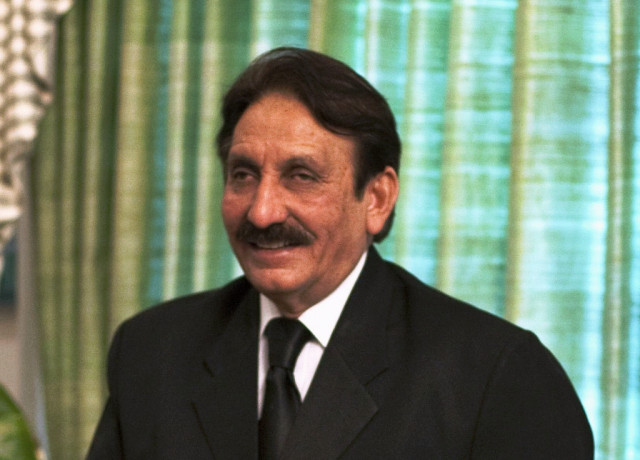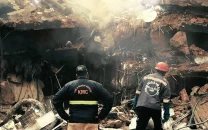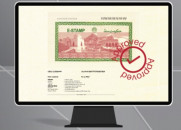Full court reference: CJ robustly defends suo motu actions
Says he is fully satisfied that the court had exercised its jurisdiction for the enforcement of fundamental rights.

CJ Iftikhar Chaudhry. PHOTO: REUTERS
At a full court reference held on Monday to mark the Supreme Court’s new judicial year, the ‘suo motu’ jurisdiction of the apex court came under scrutiny.
Chief Justice Iftikhar Muhammad Chaudhry, who was heading the reference, gave his reasons for frequent exercise of suo motu jurisdiction which, he said, the framers of the Constitution ‘in their wisdom’ had conferred on the court.
“They were conscious of the prevailing conditions in the country, and the suffering and agony of persons, who suffer a wrong or injury
but have no access to justice, and therefore they approach the Supreme Court to exercise its jurisdiction, entertain their pleas and grant them relief,” said Justice Chaudhry.
He said he was fully satisfied that the court had exercised its jurisdiction to the full for the enforcement of fundamental rights, in putting an end to acts of operation, tyranny, exploitation, corruption and misuse or abuse of authority.
“In doing so, the court has not extended any favour to anyone; it has rather discharged a constitutional obligation,” he added.
Referring to National Insurance Company scam, Hajj corruption scandal, Pakistan Steel Mills case and rental power plants scandal, the CJ said there were many instances of corruption and plundering of national exchequer by the public functionaries in collusion with private persons.

“However, when the matters came to the notice of this court, either in the shape of regular petitions or through the application or letters sent by individuals, efforts were made to save the public money. Due to the intervention of court, money worth billions of rupees was recovered,” he said.
The chief justice also spoke about government’s continued failure to control Karachi’s law and order situation, which called for action by the apex court.
“This court took a suo motu notice [on bloodshed in Karachi] and after hearing all the stakeholders, the problems were highlighted and certain directions were issued to the executive to normalise the situation.”
The CJ also quoted the example of Balochistan, where the court took action on a petition filed by the Balochistan High Court Bar Association.
“Regarding law and order situation in Balochistan, the court issued specific directions to the authorities to provide protection to life and property of the people of the province,” he said.
He said it was not for him to say as to whether the role of the Supreme Court in this regard was well-received or ill-received.
“I shall leave this question to the future historian to determine,” he added.
Published in The Express Tribune, September 10th, 2013.



















COMMENTS
Comments are moderated and generally will be posted if they are on-topic and not abusive.
For more information, please see our Comments FAQ